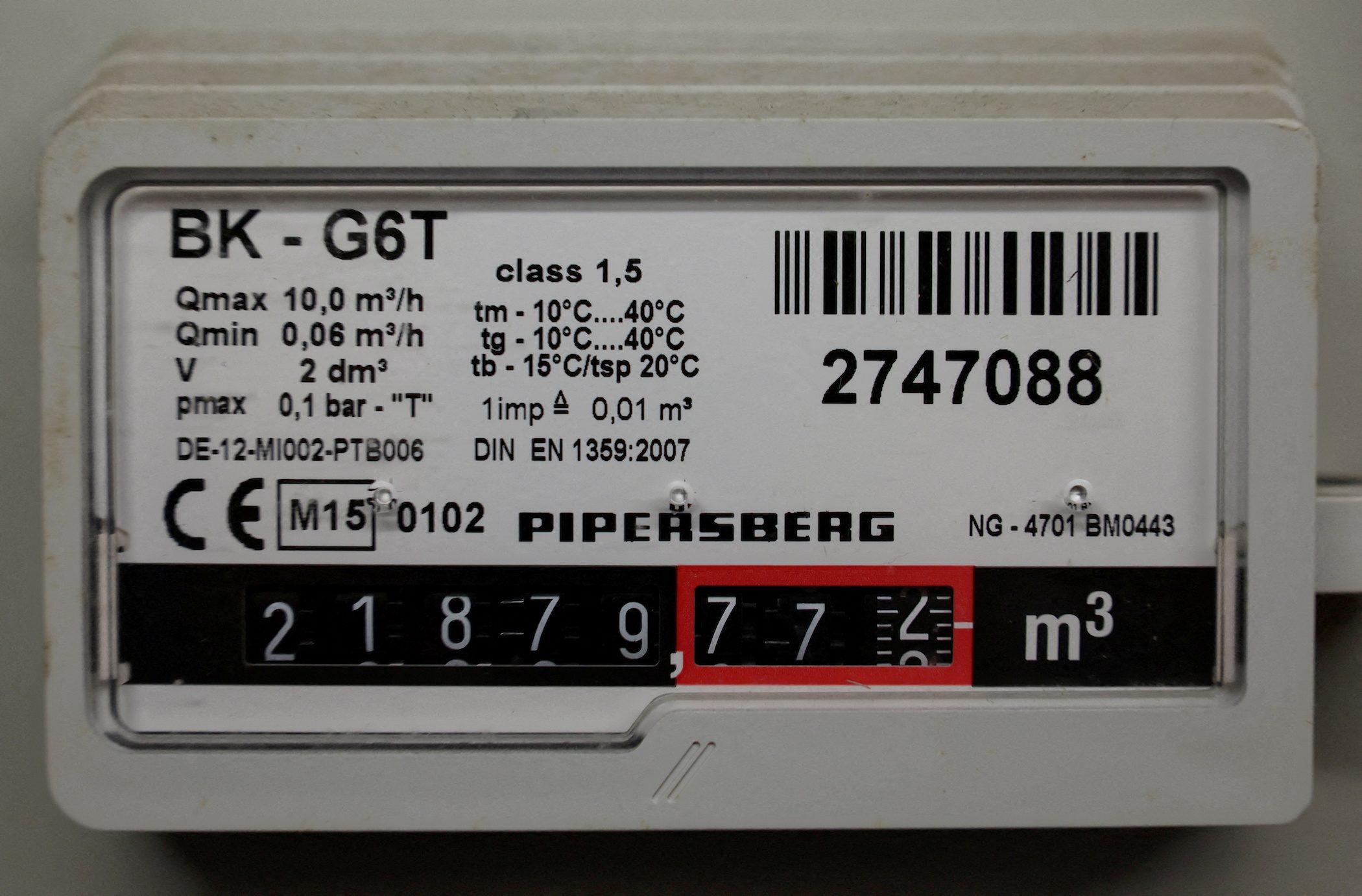SUMMARY
This is AI generated summarization, which may have errors. For context, always refer to the full article.

LONDON, United Kingdom – Households across Europe are facing much higher energy bills this year and beyond due to a global surge in wholesale power and gas prices, with consumer groups warning that the most vulnerable in the region could be hit by fuel poverty.
Why the high prices?
Energy companies pay a wholesale price to buy gas and electricity, which they then sell to consumers. As in any market, this can go up or down, driven by supply and demand.
Prices typically rise in response to higher demand for heating and lighting in winter, and fall in summer.
But prices have skyrocketed due to low gas storage levels, high European Union carbon prices, fewer liquefied natural gas tanker deliveries due to higher demand from Asia, lower than normal Russian gas supplies, and infrastructure outages.
Meanwhile, a cold winter has boosted demand and since the start of the year, the threat of Western sanctions on Russia, Europe’s biggest natural gas supplier, has driven fears of supply disruptions.
Benchmark European gas prices at the Dutch TTF hub rose by 330% last year, while benchmark German and French power contracts have more than doubled.
How long could this last?
Europe’s winter heating season runs from October to the end of March but wholesale prices are not forecast to fall significantly during the remainder of this year, despite promises from some suppliers of more gas.
Many gas market analysts expect prices to remain elevated for the next two years or more.
The new Nord Stream 2 undersea gas pipeline from Russia to Germany – which is expected to receive German regulatory clearance later this year – could help to ease prices although the US State Department has said the project will not move forward if Russia invades Ukraine.
Norway, Europe’s second largest supplier, is delivering natural gas at maximum capacity and cannot replace any missing supplies from Russia, its prime minister has said.
Qatar, one of the world’s top natural gas exporters, has said it will not be able to unilaterally replace Europe’s energy needs in case of a shortage due to the Russia-Ukraine crisis.
Why retail price rises?
Many energy suppliers pass on higher wholesale costs to consumers through their retail tariffs. In Britain, for example, on a dual fuel bill (electricity and gas), the wholesale cost can account for 40% of the total.
Suppliers can buy energy in the wholesale market on the day of delivery, a day ahead, and up to months or seasons in advance, trying to predict when prices will be lower and how much to purchase to cover their customer needs.
If suppliers do not buy enough energy, they might have to buy more at a price which could be higher, depending on market movements.
Can anyone intervene?
The European Union is reviewing contingency plans for disruptions to gas supply, although countries’ storage and infrastructure should buffer against major shocks.
The EU Commission in October outlined measures national governments can take and said Brussels would look into longer-term options to address price shocks.
Governments have announced measures such as subsidies, removing environmental levies or value-added tax from bills, and price caps.
Britain, which relies heavily on gas for heating, introduced a price cap on the most widely used energy tariffs in 2019 aimed at ending what former prime minister Theresa May called “rip-off” pricing.
However, Britain’s energy regulator Ofgem will raise that cap by a further 54% from April. In response, the government set out support measures including a 200-pound discount on energy bills for all households from October, to be repaid over five years.
What can consumers do?
Due to a deregulated market, Britain has had a relatively wide choice of energy suppliers but the high wholesale prices have led to the collapse of more than 25 of them recently.
Consumers are usually encouraged to switch providers or to a cheaper tariff. However, consumer groups in Britain now say standard variable tariffs, subject to the price cap, are among the cheapest available.
Regulators such as Britain’s Ofgem urge consumers to contact their energy provider if they are struggling to pay their bills.
Measures such as improved insulation, energy efficient lighting, and smart meters are also advised, but could require upfront costs. Reducing energy usage is much easier in the summer months. – Rappler.com
Add a comment
How does this make you feel?










There are no comments yet. Add your comment to start the conversation.